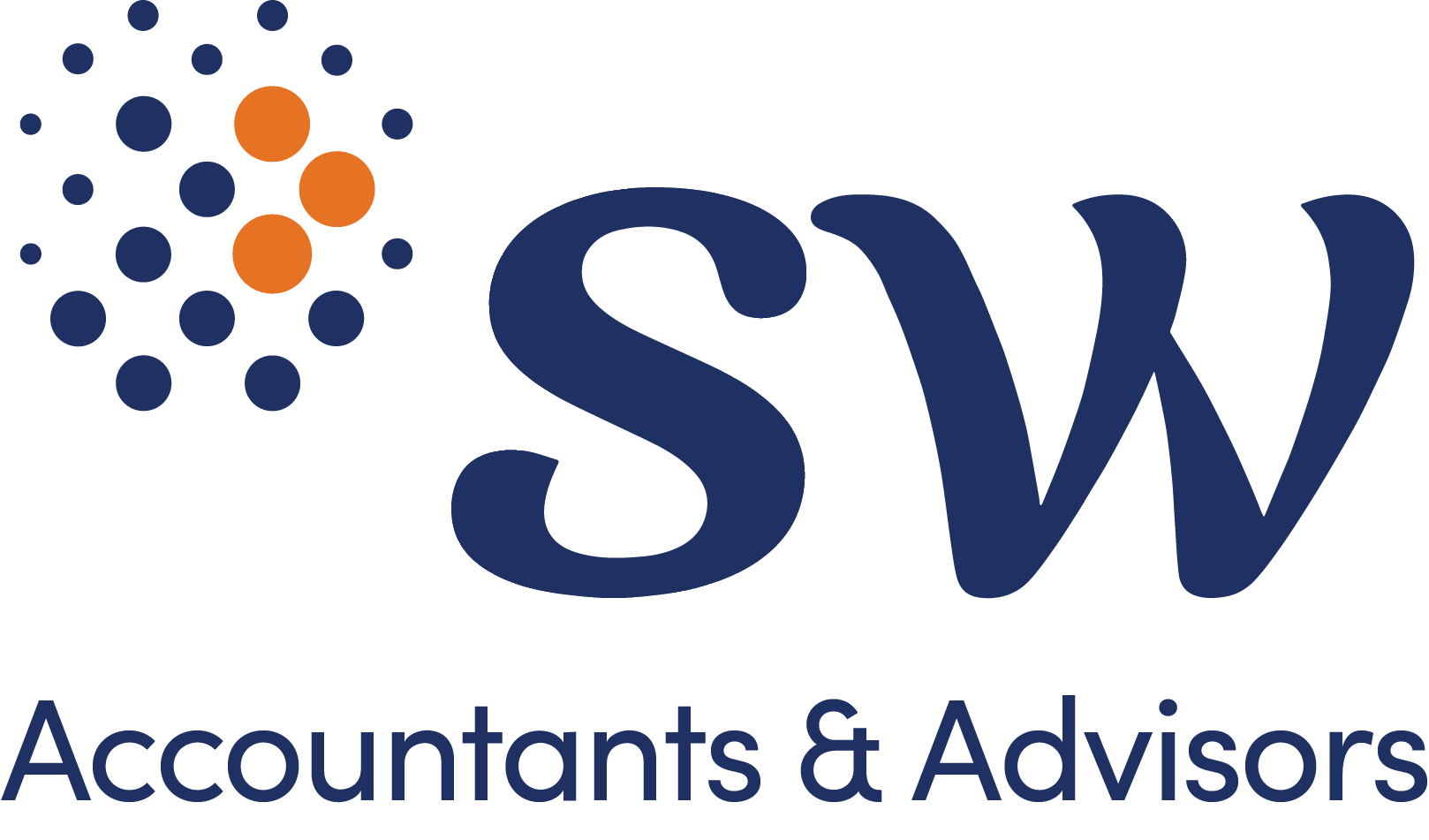
New thin capitalisation regime details released
23/03/2023
The Australian Treasury released Exposure Draft legislation aimed at strengthening Australia’s thin capitalisation (thin cap) rules. The Government is seeking feedback on the Exposure Draft which also proposes to disallow interest on debt used to fund foreign companies.
The Exposure Draft, released on 16 March 2023, is in line with the Government’s commitment to address tax avoidance practices of multinational enterprises and streamline with (OECD) best practice guidelines. To learn more about the previous announcements, see our article about the Proposed changes to Australia’s thin capitalisation rules.
From 1 July 2023, the new proposed thin cap provisions will replace the existing rules and limit the amount of interest deductions for certain entities. With 3 months before its intended commencement, the Government has finally released a draft of the new rules. The Exposure Draft legislation is open for consultation until 13 April 2023 with submissions to the Australian Treasury.
Who do the new thin cap rules apply to?
The new regime applies to:
- foreign controlled taxpayers and taxpayers with foreign operations. These remain broadly unchanged from the existing rules
- only applies to general investors and, in part, to financial entities
- certain exemptions will continue to apply – including the $2 million (debt deduction) de minimis exemption.
What are the new tests?
The new regime’s safe harbour will be broadly based on the taxpayer’s current year taxable income – instead of the current safe harbour which is based on a taxpayer’s balance sheet.
The new safe harbour will be known as the Fixed Ratio Test (FRT). The FRT will limit interest deductions to 30% of a taxpayers Tax EBITDA. The Tax EBITDA will broadly be calculated as a taxpayer’s taxable income adjusted for interest deductions, losses and tax depreciation. Any non-deductible interest can be carried forward for 15 years.
Two other tests will be available:
- The Group Ratio Test (broadly replacing the worldwide gearing test)
- The External Third Party Debt Test (broadly replacing the arms length debt test).
The Group Ratio Test will apply to disallow interest deductions by applying a group ratio to the taxpayer’s tax EBITDA – instead of the 30% FRT. The group ratio is calculated by applying a complex formula broadly equal to the third party interest expense of the global group divided by the Group EBITDA.
As the name suggests, the External Third Party debt test will only apply to debt issued to external parties – meaning taxpayers may no longer be able to deduct interest issued to related parties even where third parties would have loaned funds on the same terms.
Other changes
The Government also proposes to repeal current provisions that allow interest and debt deductions referrable to foreign investments. Under the exposure draft, interest would not be deductible where it was referable to the derivation of non-assessable non-exempt dividend income.
What are the details of the rules?
A more detailed analysis of the exposure draft proposals is contained in our Technical Briefing in the Download below. We encourage you to talk to the SW team to understand these changes further.
Application Date
The new legislation is set to apply to income years commencing on or after 1 July 2023. Disappointingly, there is still uncertainty on the application date for entities that are early balancers (for example, the entity has a 31 December year-end).
How should taxpayers prepare?
We recommend that taxpayers start planning for the draft legislation to be implemented on 1 July 2023. Whilst we expect there to be minor technical amendments, the draft legislation is predominantly based on the OECD guidance.
Therefore, restructuring debt arrangements may be necessary, and transaction documentation needs revisiting prior to 30 June 2023.
Taxpayers should consider whether restructuring debt arrangements are necessary and the impact of doing so.
How can SW help?
Our experts can assist with:
- modelling the potential impact of the new rules on your debt deductions
- assessing the feasibility of restructuring the financing structure of the group
- considering whether one of the alternative tests would be applicable and beneficial to your circumstances.
Reach out to your SW advisor for support from our specialist tax team. Please also download the document below for a deeper dive into the technical details.




